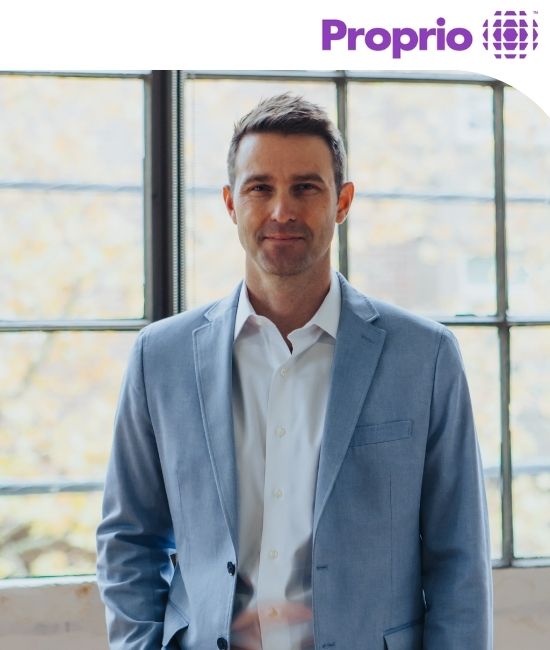11:30 AM - 11:50 AM
Related Sessions
01:00 PM - 01:40 PM
Description
Callie Leone, Max Noir & Vivian Chazen will lead an interactive discussion on leveraging XR to develop physical, emotional, and cognitive resilience. These industry leaders will highlight best practices, content, and experiences that have impacted their journeys overcoming concussions, epilepsy, and cancer. They will explore what areas of today’s marketplace have from gaming to healthcare and art and invite the audience to participate in an unconventional way showcasing the importance of empathy and neurodiversity in creating VR.
Speakers



01:40 PM - 02:00 PM
Description
The oncoming wave of Virtual Reality and Augmented Reality technology will impact medicine, clinical care, and personal health and wellness.
Although entertainment, social connection, and gaming will drive the initial adoption of VR and AR technology, the deepest and most significant impact of the next generation of VR/AR technology will be to enhance clinical care and to improve personal health and wellness.
VR and AR technology will also help facilitate the shift of medicine to direct personal care and facilitate precision medicine approaches.
We know from decades of clinical research that VR/AR technology can provide breakthrough solutions that address the most difficult problems in healthcare – ranging from mood disorders such as Anxiety and Depression to PTSD, Addictions, Autism, Cognitive Aging, Stroke Recovery, and Physical Rehabilitation, to name just a few.
VR technology can also improve clinical measurements and assessments by making them more objective and functional, and improve medical training such as surgical skill training and procedure planning by applying simulation-based learning principals.
Personal health and wellness will be improved by using VR to promote healthy lifestyles and to reduce stress and anxiety.
As the cost of healthcare rises, VR and AR technology can serve as an effective telemedicine platform to reduce costs of care delivery, and improve clinical efficiency.
Speakers

02:30 PM - 02:50 PM
Description
Research has already shown that Virtual and Augmented Reality could be effective in several healthcare domains like patient engagement, medical training, and even telemedicine. But what if we could use Mixed Reality to augment a surgeon's performance -- enhance their eyesight, make them more efficient, and enable them to work flawlessly?
The typical operating room contains several million dollars in computer-aided surgery (CAS) equipment, yet surgeons often avoid these systems due to their complexity, lack of precision, and radiation exposure. Surgeons have to take their eyes off patients and squint at 2D navigation displays, a distraction that slows them down and puts patients at risk. One minute in the operating room now costs nearly $1000, while revisions to spinal fusion surgeries alone cost $1 billion a year. Disruptive innovation happens slowly in the medical device industry, and in this era of spiraling costs hospitals urgently need new solutions to augment and scale surgical capabilities.
At AWE 2020, Proprio CEO and Co-founder Gabriel Jones will discuss how computer vision, robotics, machine learning, and immersive interfaces are converging to transform one of the most complex professions, and how inter-disciplinary teams of game designers and robotics engineers are solving hard problems in healthcare.
Speakers

